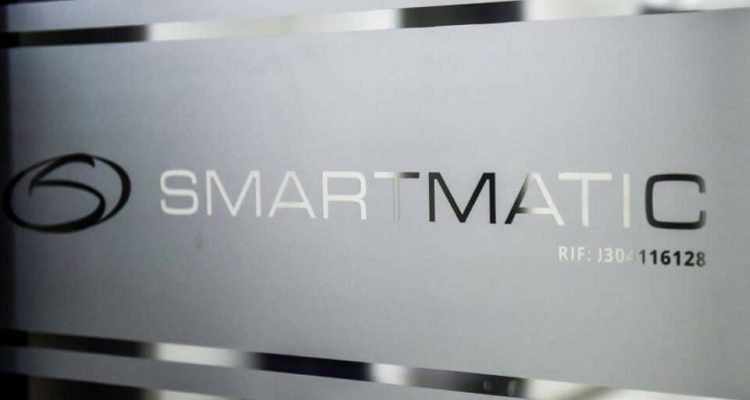
The recent allegations against Smartmatic and its executives, including Roger Piñate, reveal a troubling narrative that underscores the intricate web of corruption within the global electoral systems.
U.S. prosecutors claim that these individuals conspired to pay at least $1 million in bribes to Juan Andres Bautista, the former chair of the Philippine elections commission, a move that facilitated the acquisition of contracts worth over $180 million to supply voting machines for the 2016 national elections.
This situation is not just a story about corporate misconduct; it represents a broader issue of trust in democratic processes and the integrity of election systems worldwide.
The methods employed by the co-conspirators to conceal their bribery—overcharging for equipment and laundering money through a network of shell companies—illustrate a calculated effort to exploit vulnerabilities within electoral frameworks.
Their actions not only undermine the electoral process in the Philippines but also have far-reaching implications for international perceptions of electoral integrity. As the world increasingly relies on technology to administer elections, the ramifications of such corruption could diminish public trust in democratic institutions globally.
Smartmatic’s history is marked by controversy, primarily due to its Venezuelan roots and its connections to the tumultuous political landscape in Venezuela under Hugo Chávez.
The company was thrust into the limelight during the recall referendum against Chávez in 2004, where its contract to develop voting machines raised questions about transparency and legitimacy.
This initial controversy set the stage for Smartmatic’s troubled relationship with U.S. markets, which were marked by suspicion regarding foreign involvement in election technology.
The concerns surrounding Smartmatic intensified in 2020 when unfounded allegations of election rigging arose, leading to a series of high-profile defamation lawsuits against right-leaning news organizations.
However, the latest bribery scandal adds a layer of complexity to these narratives. While Smartmatic emphasizes that it is not under indictment, the implications of these actions cannot be ignored.
Allegations of corruption, particularly in the context of electoral systems, threaten to undermine the credibility of institutions that are foundational to democracy.
Furthermore, the defence put forth by Newsmax in its ongoing litigation with Smartmatic highlights the precarious position the company finds itself in.
Their assertion that the bribery allegations bolster their case against Smartmatic’s defamation claims illustrates the intricate link between the company’s past controversies and its current legal battles. This situation raises questions about the sustainability of Smartmatic’s business practices and its ability to regain public trust in a field where integrity is paramount.
As Smartmatic navigates these turbulent waters, the question remains: can it overcome its contentious past and emerge as a trusted provider of electoral technology?
The road ahead will require not only a commitment to ethical practices but also transparency in its operations and dealings. Voters and stakeholders alike deserve assurance that their electoral processes are free from corruption and manipulation.
The unfolding saga of Smartmatic serves as a cautionary tale for all stakeholders in the electoral process—companies, governments, and voters alike. As we witness these events, it is imperative to remain vigilant in our demand for accountability and transparency in the institutions that shape our democratic systems.
The integrity of elections is not merely about the technology used; it is fundamentally about ensuring that the voices of citizens are heard and respected without the shadow of corruption looming overhead.














